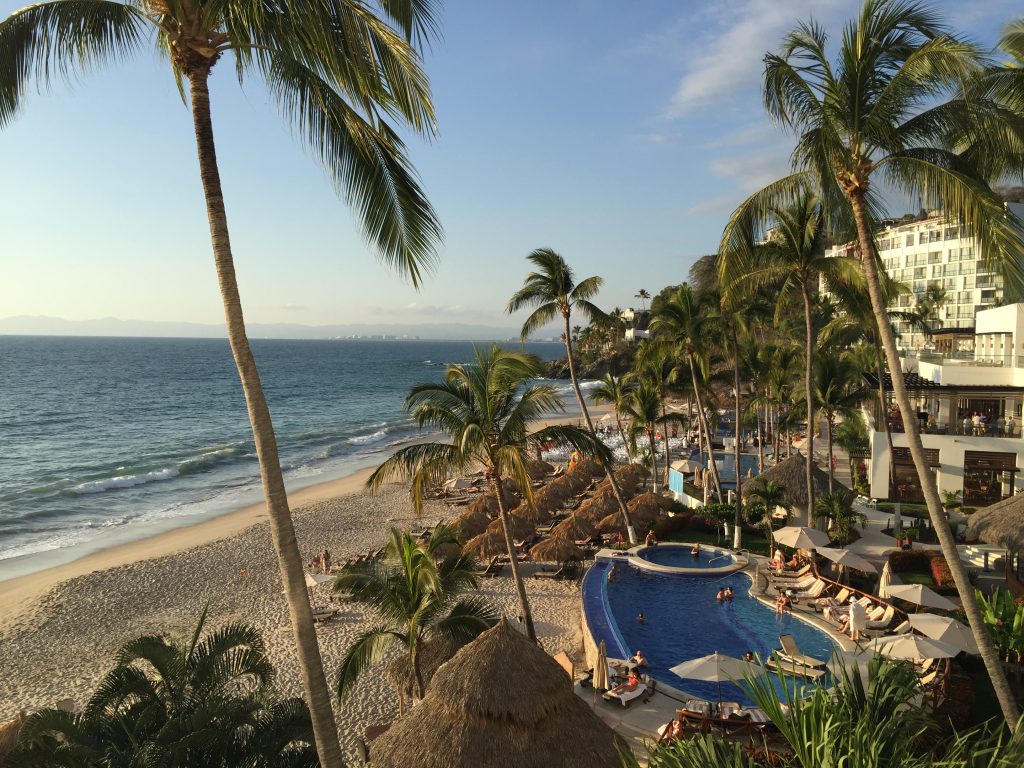Travel hacking is one of the few ways to get outsized value just by studying and practicing simple rules like staying organized and paying off your credit card in full, every month.
Not only can you fly for almost no out-of-pocket cost, but you can often fly in premium cabins like business class.

Singapore business class, anyone?
But travel hacking is not ‘free’. You earn it.
There is a cost in the time it takes to learn how to do this well, and then to execute the plan. Staying organized, updating excel spreadsheets, setting up and following up with calendar reminders, award searching, are all time-consuming activities. Yes, there are tools (I wrote about how to find the best seat on an airplane a couple of weeks ago), but you still invest the time to learn and use the tools. There is a minimum time investment required, and award charts and mileage earning structures frequently change.
The best travel hackers are always learning.
You can get lost in the moment.
One area of travel hacking is optimizing spend. This is the practice of using the right credit card to purchase certain items, to maximize the points/miles earned.
For example, if you have an American Express Simplicash or a Chase Ink Plus credit card, you can earn 5x points per dollar when you shop at an office supply store like Staples. There are often deals where you can buy things with significant rebates, and I often get tempted to pursue those deals just for the points.
Last week, purchasing at least $300 worth of gift cards at Staples earned a $20 rebate and many thousands of points. Wow! Exciting and worth pursuing? Let’s see.
Taking advantage of that offer takes a significant amount of time (and some money, too).
- Analysis and Documentation
- Drive to Staples (+gas)
- Filling out the rebate form(s)
- Follow up documentation
- Depositing the rebate check (+gas)
- Possibly a second trip to liquidate/resale items purchased
Let’s say that I’m buying $400 worth of gift cards. Net of rebates and gas, I’m earning 2,000 points/miles and breaking even in cash using two hours of my time. At a conservative valuation of 2 cpm, I’m earning $20 per hour. Generally, this is not the best use of my time.
Don’t jump at every opportunity.

Over time, you get better and faster at the above workflow. I’ve learned to ignore most deals and rebate offers because prior analysis and experience already tells me that I have higher value activities to pursue.
In the above example, I also need to decide which card to use. Do I value Amex Membership Rewards more than Chase Ultimate Rewards? Which balance is higher? Where is my next trip/redemption and what transfer partners enable that?
You have to ask yourself, “how useful are those points to me?”
Have a threshold for what you will pursue.
Currently, I only pursue deals that yield the equivalent hourly rate of at least $50. This threshold is different for every person and having one will help you filter and focus your activities. When I was first learning, pursuing the above deal was a good use of my time. Since then, I’ve found higher value deals like credit card sign up bonuses and bank bonuses to pursue.
However, if I’m a couple of thousands of points away from a major redemption, this all changes. If I have 49,000 miles, and I need one more thousand to book a roundtrip domestic ticket, I will invest the time it takes to earn those last points. The incremental value of the points up to the redemption threshold is very high because you can’t get the award without having all of those points. In this case, I would go out of my way to make a Staples run, because the points ‘tops off’ my account, enabling me to book the award.
If you don’t get excited about the process, this may not be the best way to spend your time.
I have told some potential clients that based on their personality and interest they are better off traveling the old-fashioned way – paying cash. Travel hacking and travel planning take real work, an investment of time and energy, as well as mental fortitude and discipline.
But for others, this is a highly rewarding pursuit that allows them to travel more frequently, with less out-of-pocket money, and in better cabins. I recently wrote about my first class experience in the Puerto Vallarta Trip Report series, using mostly points.

Most importantly, every travel hacking activity should bring you closer to your destination and the places and people you want to visit.
Don’t forget to subscribe to the blog to read more posts like this and learn how you can travel hack with clarity.

Hey Ivan,
Friend ask me any better deal fly from LA to Philadelphia on July one way or stay 10 days round trip?
Thanks!
Steve
If he has the time, I would recommend he signup for one of my recommended credit cards. Otherwise, southwest and united has inexpensive cash fares (check google flights). Did he perform the research already to find out what the average fare is?